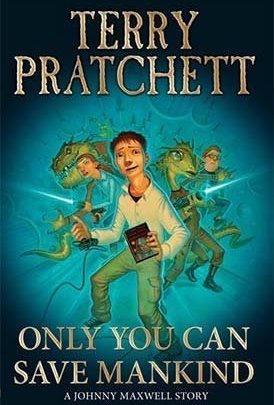
Screamcatcher: Sa'be Most Monstrous
Book
Jory Pike and the Badlands Paranormal Society get a strange and frantic call from a woman who claims...
Young Adult Urban Fantasy Myths and Legends
![No Lawyers in Heaven [Audiobook]](/uploads/profile_image/dc1/86ac7f50-b2e0-4dc5-8fd7-a2e789f59dc1.jpg?m=1661693426)
No Lawyers in Heaven [Audiobook]
Book
The life of a criminal defence lawyer is shrouded in mystery. Outsiders might wonder about how to...
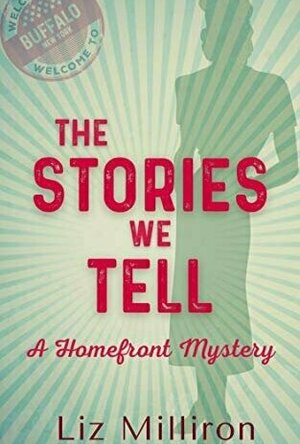
The Stories We Tell
Book
It's December 1942 and Betty Ahern is enjoying her fledgling career as a private detective,...
David McK (3705 KP) rated Only You Can Save Mankind (Johnny Maxwell #1) in Books
Feb 20, 2022
Why me?
If not you, who else?
I first read this not long after it was published, back in the early-to-mid 1990s, at which time I was exactly it's target audience being in my mid teens myself.
By that point, I had already discovered Terry Pratchett's wonderful Discworld novels, but hadn't read many - any? - of his non-Discworld books.
That changed when I read this, which would go on to become the first in his so-called Johnny Maxwell series (comprising this, Johnny and the Dead and Johnny and the Bomb).
Reading this now (in the early 2020s), it still holds up remarkably well, even if it is noticeable how much society has changed: mobile phones weren't really a thing back in the 90s, personal computers were relatively new, the Gulf War was still ongoing ...
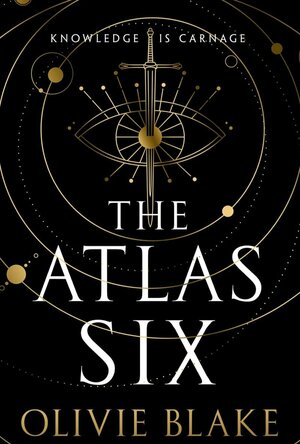
The Atlas Six
Book
When the world’s best magicians are offered an extraordinary opportunity, saying yes is easy. Each...
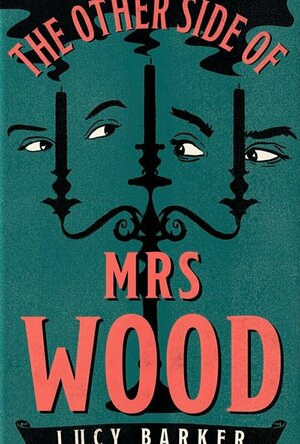
The Other Side of Mrs Wood
Book
Mrs Wood is London’s most celebrated medium. She’s managed to survive decades in the competitive...
Historical fiction Victorian Seances
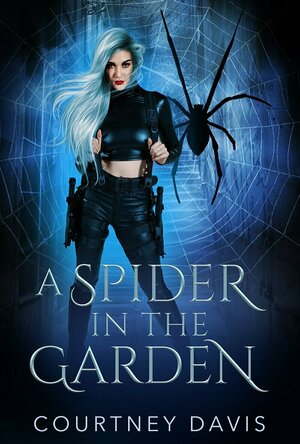
A Spider in the Garden
Book
Aranha is the last of her kind, a spider shifter who preys upon the dregs of society in an attempt...
Paranormal Romance Shifters Vampires
Lyndsey Gollogly (2893 KP) rated Fractured: Part 2 ( Soviet book 12) in Books
Mar 21, 2023
Kindle
Fractured:part 2 ( Society book 12)
By Mason Sabre
⭐️⭐️⭐️⭐️⭐️
The second and final instalment of Fractured. When Cade MacDonald made a bargain with his father—his alpha, he never suspected he was sacrificing the very person who meant the world to him. Torn between his love for Gemma, and his loyalty to Natalie, Cade must choose. His life, or the one thing he wants more than anything, Gemma? Especially when he is investigating the murder of a young shifter who was slaughtered for the same secret Cade holds close to his own heart, he must face more truths than his soul can stand.
I freaking loved it!!!! This is what I was looking forward to. Finally seeing something play out with Cade and Gemma and wow is this going to be interesting going forward. The ending had me almost cheering and waking my husband as it’s 2am! Can’t wait to see where we go from here.
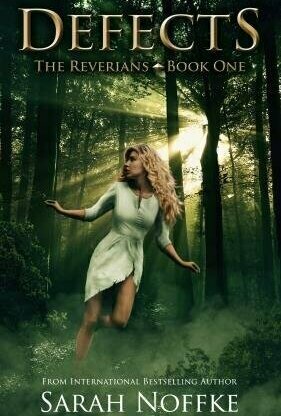
Defects (The Reverians #1)
Book
In the happy, clean community of Austin Valley, everything appears to be perfect. Seventeen-year-old...
Young Adult Dystopian Paranormal Romance

Deviant
Book
This was the reason he was here. This perfect creature he’d heard so much about. She had no clue...
